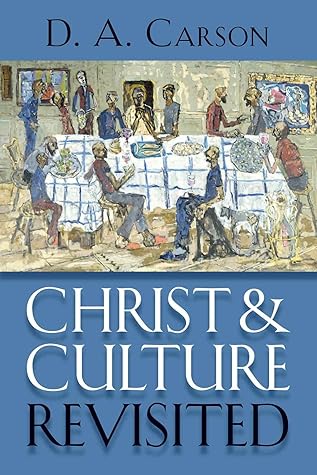More on this book
Kindle Notes & Highlights
One of the things I have tried to show is that the ostensible test of Scripture is inadequate if it turns on a convenient arrangement of proof-texts and biblical precedents. In addition to close exegesis of a wide range of biblical texts, we need to think through how they fit into the great turning points of redemptive history, into the massive movement from creation to the new heaven and the new earth, with critical stops along the way for the fall, the call of Abraham, the rise and fall and rise again of Israel, the coming of the promised Messiah, his teaching, ministry, death, and
...more
To pursue with a passion the robust and nourishing wholeness of biblical theology as the controlling matrix for our reflection on the relations between Christ and culture will, ironically, help us to be far more flexible than the inflexible grids that are often made to stand in the Bible’s place.
The complexity will mandate our service, without insisting that things turn out a certain way: we learn to trust and obey and leave the results to God, for we learn from both Scripture and history that sometimes faithfulness leads to awakening and reformation, sometimes to persecution and violence, and sometimes to both.


